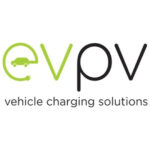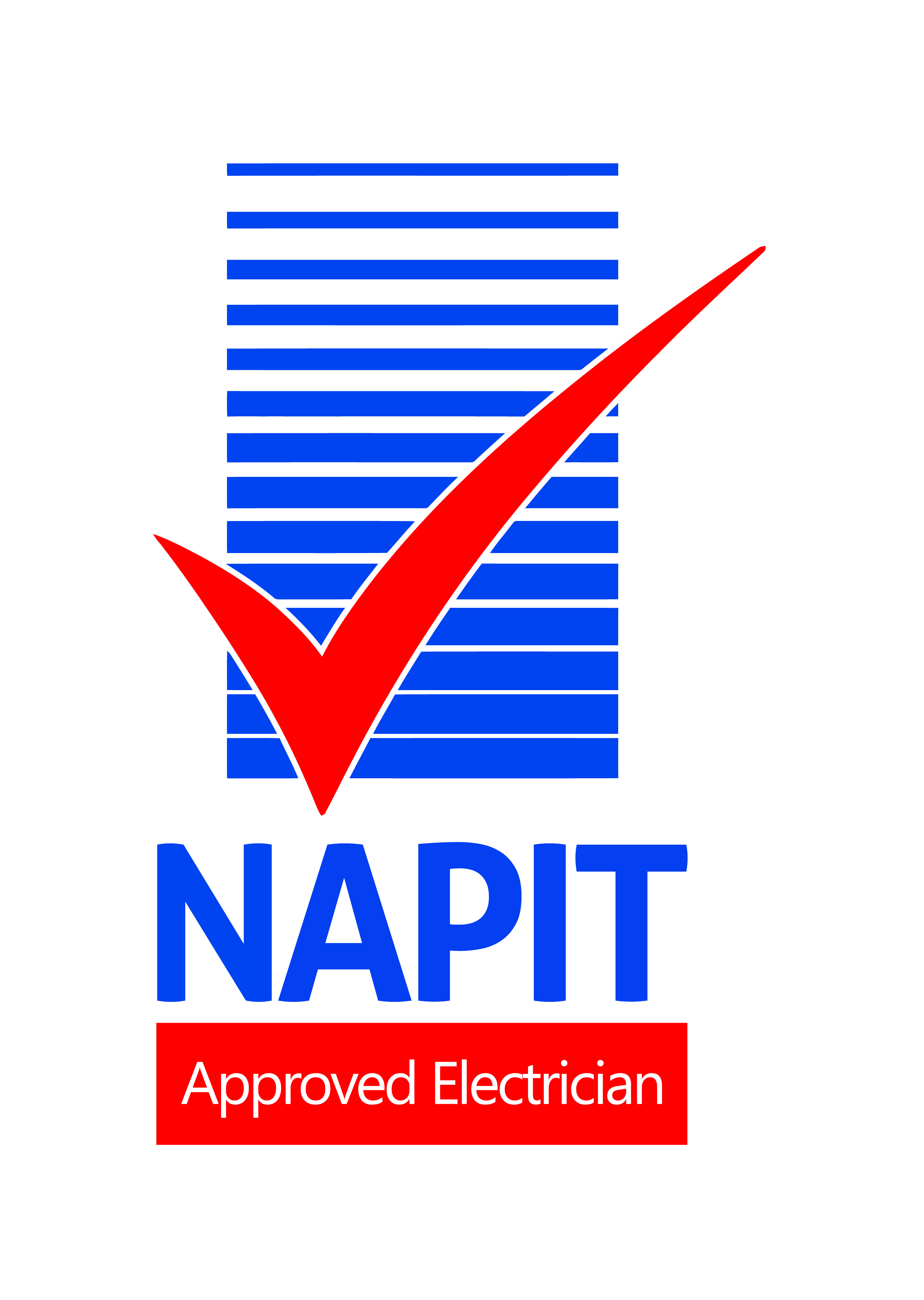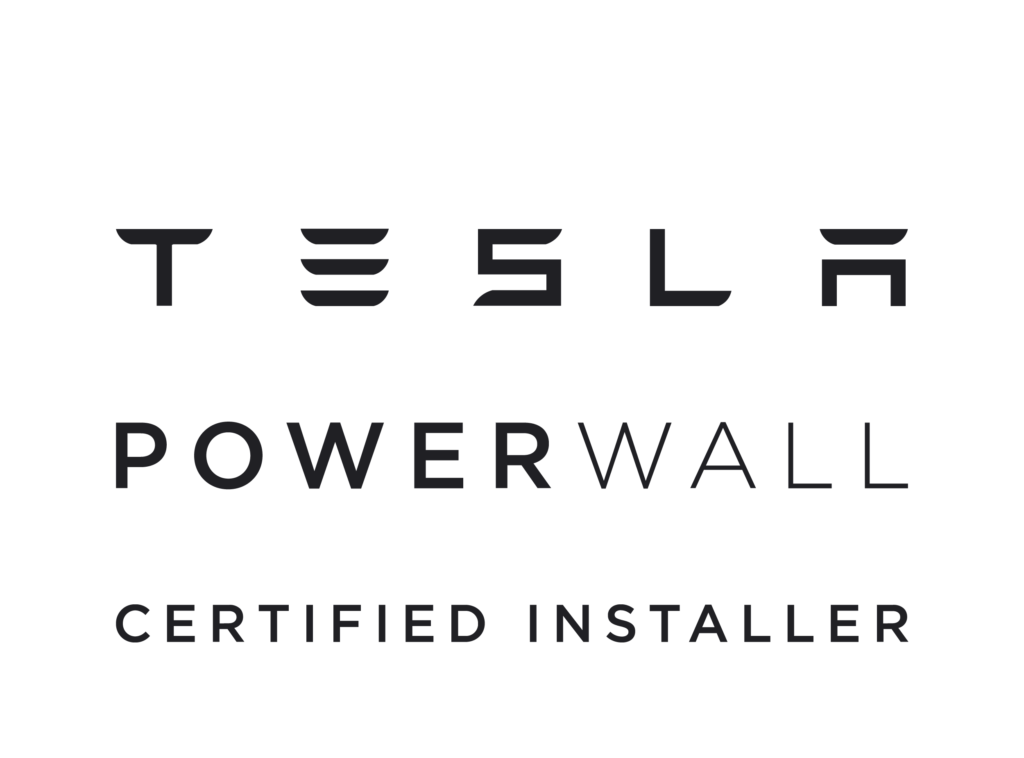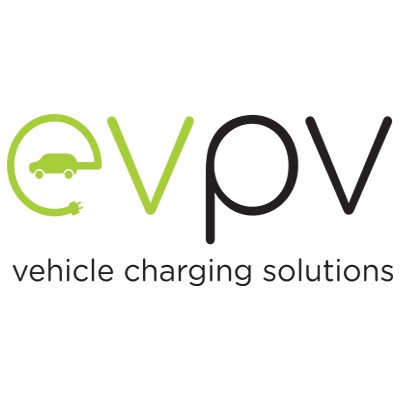- +441217586456
- [email protected]
- 33 All Saints Drive B744AG
Introducing EV-PV: All You Need to Know
Our Company Story
At EV-PV we pride ourselves on an efficient and friendly service, and strive to achieve 100% customer satisfaction. We have the knowledge and experience to provide a comprehensive ev charging solutions service. We have high standards and offer excellent value for money on every job that we complete, always maintaining a high standard of customer satisfaction, giving you complete peace of mind at all times.
Our team of skilled electricians enables us to offer a vast range of charging equipment from our base in Sutton Coldfield across the West Midlands. Our provision even stretches to thorough testing of all electrical equipment in homes and businesses so that you are assured your premises remain up to standard.
Passionate About Green Renewable Energy
We founded EV-PV Ltd out of a pure passion for renewable green energy. Our goals, our ambitions, our inspirations, all come together to form a truly amazing company that all of us are proud to be a part of.
Established in 2009, we have more than 10 years of experience in the renewable energy area and even longer than that in the electrical sector. EV-PV pride ourselves in delivering high quality services to both public and private sector customers. Based in Sutton Coldfield, North Birmingham, we are ideally located, to provide installations all across the country for private and commercial clients.
EV-PV provides an all-in-one renewable energy installation package, covering everything from initial survey and consultation through to complete installation and certification. As such, all of the renewable energy installations we undertake are designed on a completely individual basis and are bespoke to the needs of the customer and the nature of their project.
EV-PV’s electrical background enables our installations to cover as much of a project as our customer requires – be it just the installing and commissioning of the renewable technology – EV-PV can do it all. Furthermore, with our experience working on a variety of projects that vary in size and scope, EV-PV is capable of integrating and combining our renewable expertise into larger projects.
As we are able to offer renewable technologies to each and every customer, we are able to offer truly impartial advice to anybody looking into switching to a renewable technology. By offering almost all modern, renewable solutions, we use our knowledge and experience to guide our customers into making the most financially and environmentally beneficial system that meets the capabilities of their property. We aren’t looking to sell any one product over the next, our goal is simply to encourage customers to make the transition to a renewable solution by providing them with all the information required to make a justified, informed decision.
Our Accreditations
Our MCS accreditation is the standard by which installers of renewable energy technologies abide to and guarantees the quality of our work. To be approved as an MCS registered installer, EV-PV undertake annual inspections to ensure the quality of our workmanship and installations. As mentioned above, only renewable systems installed by an MCS accredited provider are eligible for government incentives, such as SEG payments. These schemes provide financial benefit to customers installing a renewable solution and make such technologies stable financial investments.
RECC Membership – the Renewable Energy Consumer Code is the trading standard renewable energy installers abide by. Registered members of the RECC are committed to providing the highest levels of workmanship standards and customer service. EV-PV’s RECC continued membership is a commitment we make to our customers and the work we undertake.





